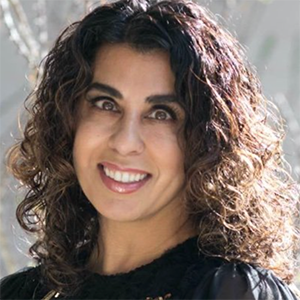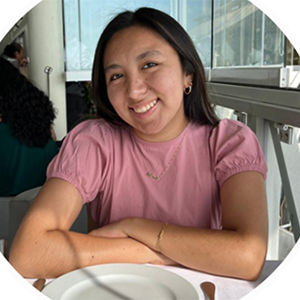Interview With Martha Gulati, MD, MS, FACC

Martha Gulati, MD, MS, FACC, recently joined the Cedars-Sinai Heart Institute as a professor of cardiology and is the associate director of the Barbra Streisand Women's Heart Center. Her dedication to the study of women and cardiovascular disease led to her receive ACC's 2019 Bernadine Healy Leadership in Women's CV Disease Award for her leadership and accomplishments in this field.
Why did you choose to specialize in women and heart disease?
When I was attending medical school, I knew I wanted to be a cardiologist. At that time, I found that very little research has been done on women. I realized that women needed specialized care; I saw this firsthand through family members affected by heart disease.
What is a current research project you're working on?
There is a big trial going on right now called "The Warrior." Nonobstructive coronary disease is more frequently seen in women who experience ischemia. "The Warrior" trial is looking specifically at this type of patient: less than 50% stenosis yet experiencing chest pain and ischemia. The trial is looking at a randomization of an intensive medical treatment vs. usual care. We don't yet know the best treatment for women with ischemia and no obstructive coronary artery disease; this trial will be able to better determine if what we think should be working is effective.
What research topics do you think we need to explore more regarding cardiovascular health in women?
First, the medical community must include enough women in trials of the most common diseases such as heart failure and ischemic heart disease. We need equity in the inclusion of women in cardiovascular trials. For example, certain medications used in heart failure might require different doses for men and women. This is also true for medical devices. Trials often do not report if certain devices were effective for women.
How can women work with their doctors to reduce their risk for heart disease?
I always say that heart disease is the number one killer of women, but lack of awareness is a close second. In general, women don't seem to recognize that they're at risk for heart disease. Women need to be partners in their care and ask their physicians about their risk of heart disease. I don't like putting that responsibility on the patient and as a medical community we should do a better job. But while we're figuring that out, I hope patients are empowered to ask, "I know heart disease is the number one killer of women. What is my risk and what do I need to do?" About 80% of heart disease is preventable, but clinicians are not doing a good job of helping our patients prevent it.

This interview was conducted by Norma Gamarra, DM, a medical student in Lima, Peru.
This content was developed independently from the content developed for ACC.org. This content was not reviewed by the American College of Cardiology (ACC) for medical accuracy and the content is provided on an "as is" basis. Inclusion on ACC.org does not constitute a guarantee or endorsement by the ACC and ACC makes no warranty that the content is accurate, complete or error-free. The content is not a substitute for personalized medical advice and is not intended to be used as the sole basis for making individualized medical or health-related decisions. Statements or opinions expressed in this content reflect the views of the authors and do not reflect the official policy of ACC.

